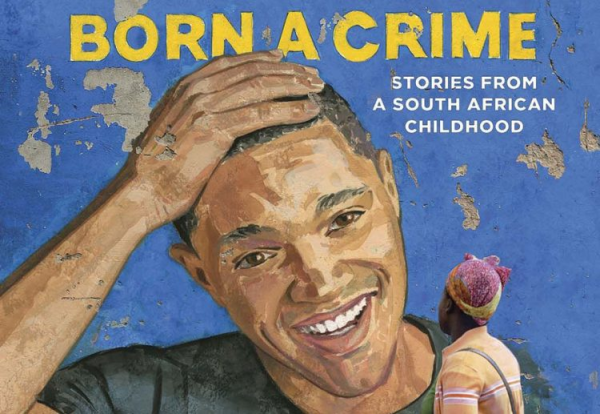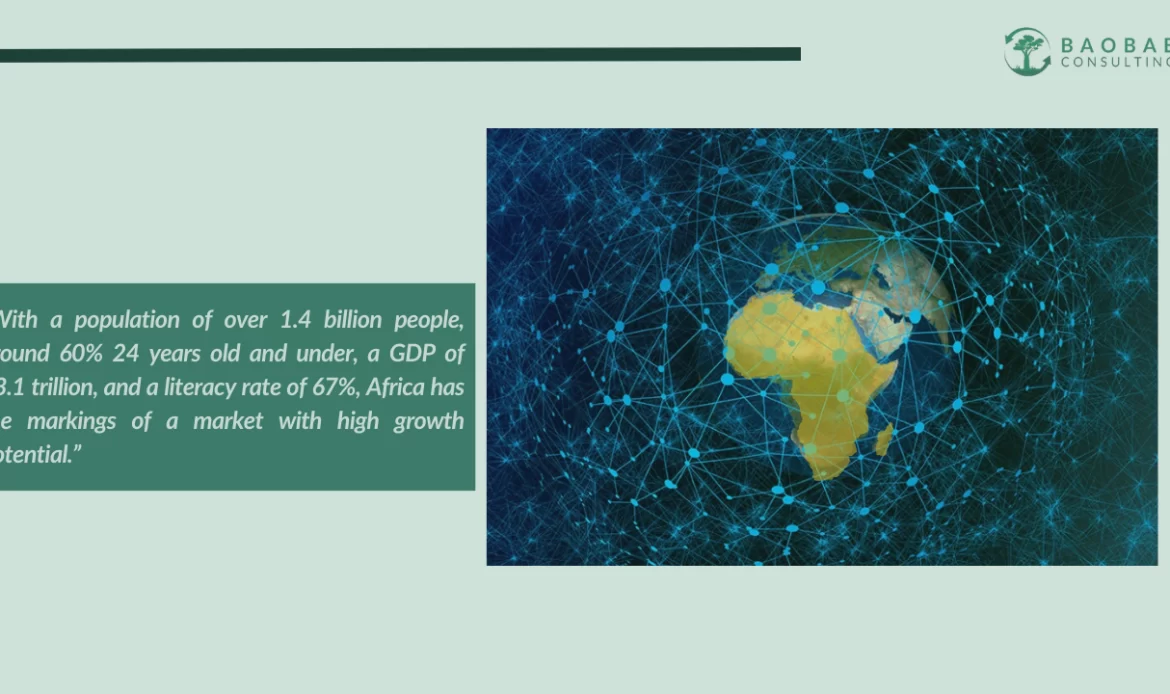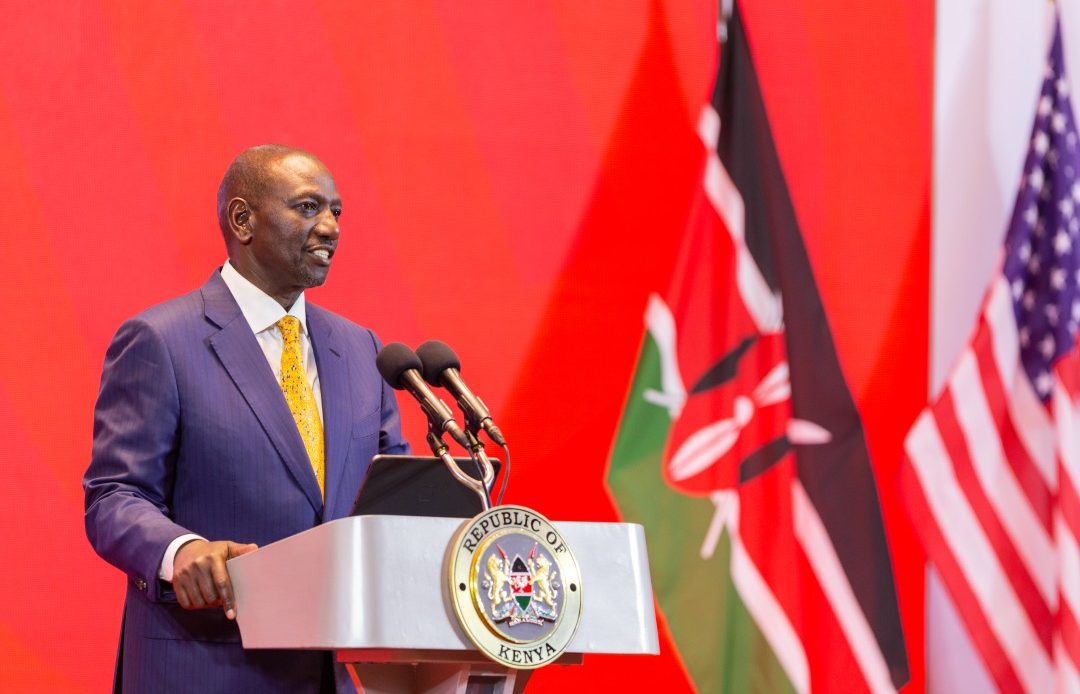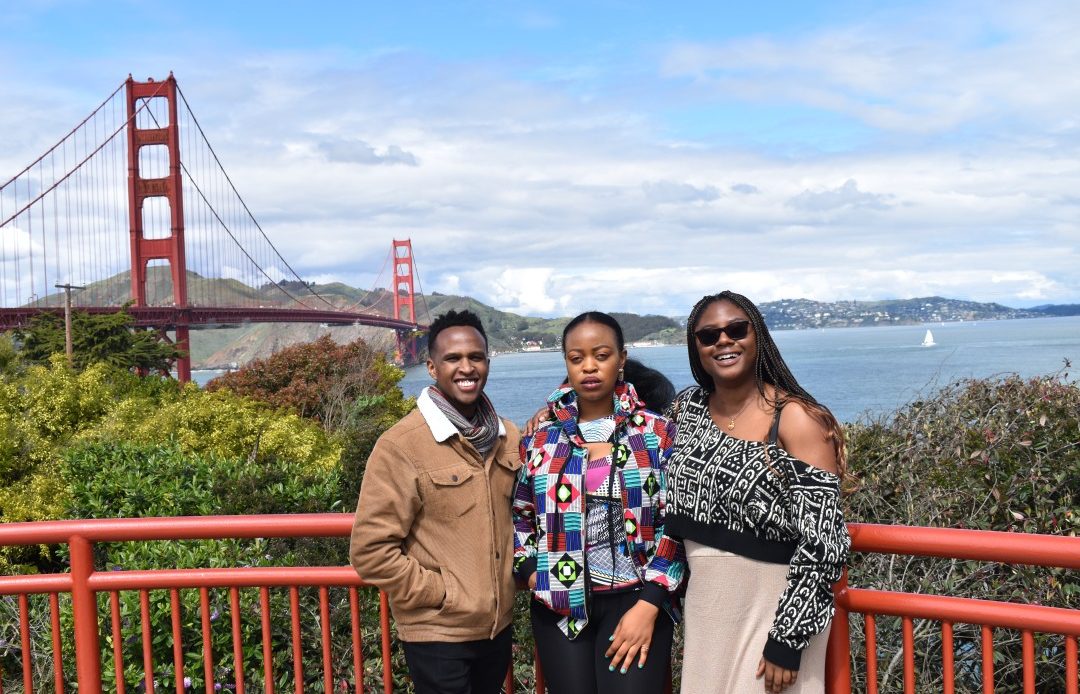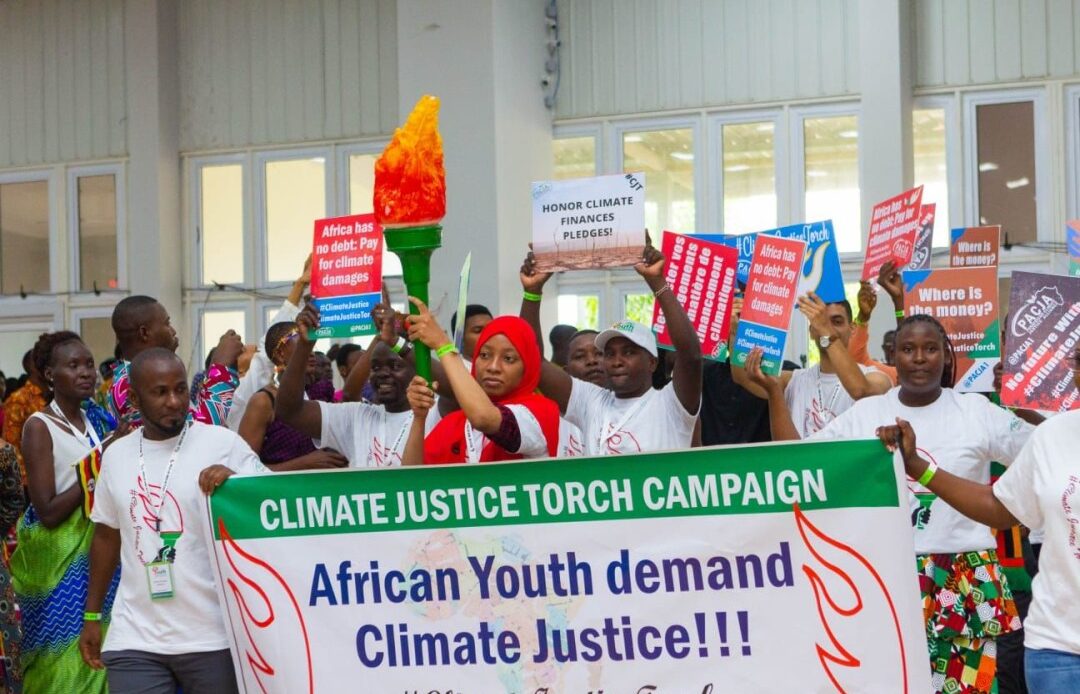As many of us know,
Let’s pause there for a moment. Adolf Hitler and the Nazis systematically wiped out five or six million Jews, believing their existence to be not only worthless, but also somehow detrimental to the world order. No one can refute how unthinkably horrible that is.
Spicer’s statement and the subsequent public uproar it caused made my mind jump straight to
In “Go Hitler!”, Noah describes the DJ and dance crew he forms with friends as a teenager. Their main dancer is named Hitler–not nicknamed, named. Chaos ensues when their dance crew is invited to perform at a local Jewish high school and they begin chanting “Go Hitler! Go Hitler!” as their friend takes the floor for his dance routine.
The disconnect is in the cultural understandings of the name. Noah explains that in South Africa, black people were required to have “Western” names. They therefore chose names from the history they learned in special schools for black people without any understanding or context of those names. He describes the schools for black South Africans as far inferior to those for white South Africans, as the administration did not consider black people intellectually capable of learning complicated material. Needless to say, black South Africans did not have a solid understanding of the Holocaust. They knew that Hitler had done some bad things, but more than anything, they understood that he was a powerful man who made others bend to his will. He was tough. Why not, then, name their children after him?
The history of atrocities carried out by African leaders–a history that too few people around the world know much about–contributes to the distinct lack of horror that black South Africans felt at the name Hitler. Tens of millions of Africans have been massacred across the continent by the likes of King Leopold
What, then, would have happened if Sean Spicer had said, “
Noah makes the point that the Holocaust is documented. This means we know approximately how many people were killed because someone was counting. At least equal numbers of people were killed under King Leopold’s rule in the Congo, but because no records were kept, nobody is out there building monuments to the millions of Congolese needlessly murdered in King Leopold’s “zoo.” The African lives lost seem to have not been important enough to count– even many Africans who live that legacy do not wonder why the deaths were not tallied, as Noah discusses in his story.
So why aren’t the atrocities carried out in the Congo as widely known as the Holocaust? If human life was similarly disrespected, belittled, and ultimately destroyed, why aren’t we learning about the Belgian Congo in our middle school history classes? Why isn’t Sean Spicer likening Assad to King Leopold? The simple answer is that historically, African and black lives have not been counted. Black life lost has not equaled white life lost. As Jack, a character in the 2004 film
In “Go Hitler!”, Noah points out that for black Africans, the Holocaust does not have the same shock value that it has for white Europeans or Americans because black Africans have a distinct history of being massacred. The Holocaust is not the only example in their minds of mass killing. What’s more, when their leaders massacre them, people around the world are not counting or weeping. When black Africans learn about Hitler in school, they learn about a massacre. While massacres are horrifically violent, they’re relatively normalized in the historical context of many Africans. So why not name your child Hitler, after the man who was as strong as King Leopold or Idi Amin? When white people learn about Hitler in school, they are taught that he carried out the most massive genocide ever in human history, so his name is not used lightly. The divide in education creates a disconnect in understanding. Nobody is offended by a child named Leopold, and had Sean Spicer compared Assad to King Leopold of Belgium, I argue that there would have been next to no reaction at all, simply because the Belgian King’s actions do not resonate with standard white history.
“Go Hitler!” ends with a terrible fight and misunderstanding between Noah and a teacher at the Jewish school. When the teacher pulls the plug on his equipment and declares him and his friends disgusting, Noah believes that she is doing this because his friend Hitler had, at that very moment, begun doing a dance traditional to his ethnic group. He thinks her racist. The teacher believes that Noah and his friends are singing Hitler’s praises in an effort to offend and insult her students. She believes that they are anti-Semites. Noah and the teacher have received vastly different and unequal educations, leading to their totally different interpretations of the same name and situation.
A more comprehensive, diverse, and equal education worldwide is the antidote to our broken systems. We must ensure quality education to all, free from such gaping omissions and cultural biases, regardless of race or geography. Western schools must include the histories of people of color, women, minority ethnic groups, and cultures from around the world, in order to become more connected to the world’s collective history, especially the ugliest parts. The world’s black and brown students must be treated as and trusted to be intellectual, intelligent, and worthy of quality education. African history, both glory and tragedy, must be regarded as worthy of time and education in the Western world.
Lizzie Starr spent seven years teaching English and organizing around early childhood education in Dakar, Senegal. She is currently running teacher training programs at The Boston Language Institute in Boston, MA, and wrangling her darling son, John. Pictured above in le Parc National de Niokolokoba in the Kédougou region of Senegal.

